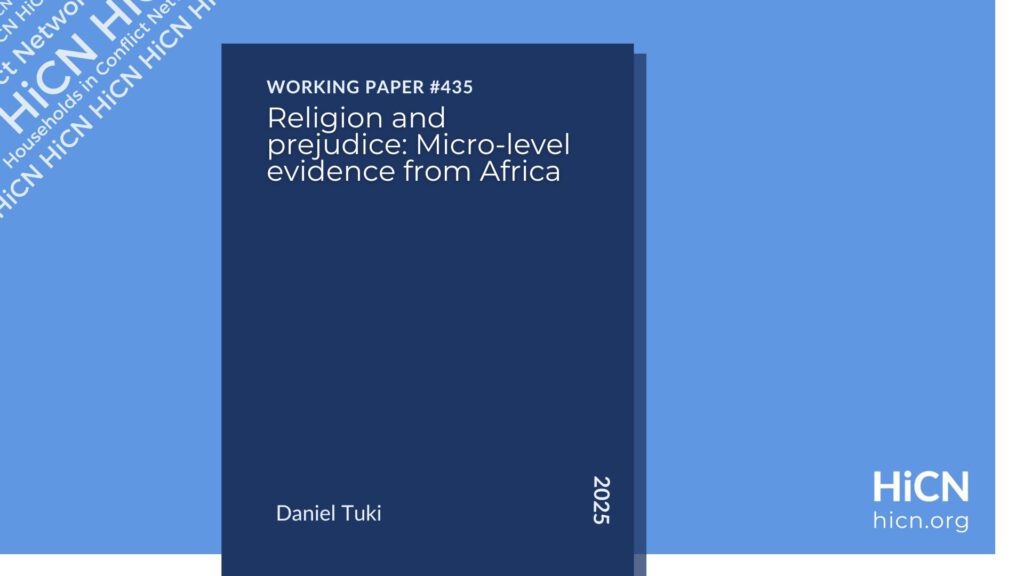
While scholarship on religious tolerance has grown, little is known about how (non)religious identity shapes prejudice in highly religious societies, particularly in the Global South. This study addresses that gap by analyzing Afrobarometer data from 39 African countries (n = 147,351) to examine the relationship between religious affiliation and willingness to accept neighbors of different faiths. Contrary to expectations drawn from secularization and pluralism theories, I find that individuals without religious affiliation are significantly more likely to express religious prejudice than adherents of Islam, Christianity, traditional religions, and other faiths. I argue that in societies where religion is culturally hegemonic, non-religious individuals may experience symbolic exclusion or anticipate value imposition, fueling outgroup aversion. These findings extend theories of boundary-making and secular minority experience by illuminating how dominant religiosity can structure exclusionary attitudes even among those presumed to be more tolerant.